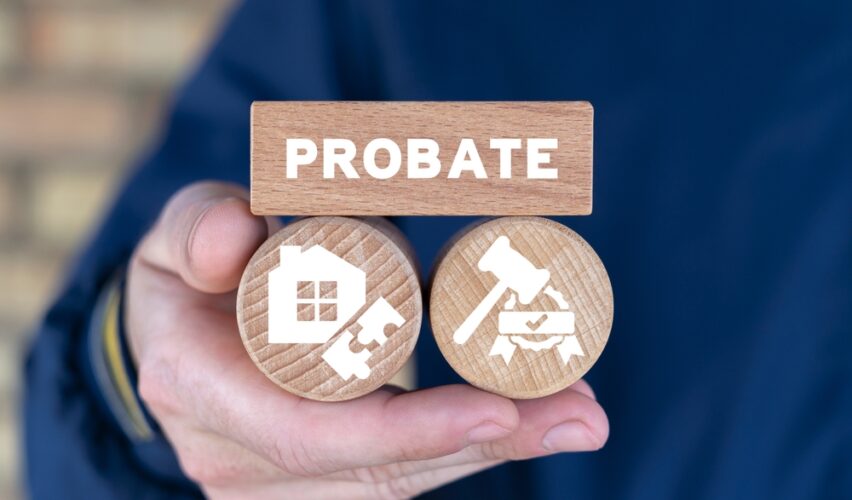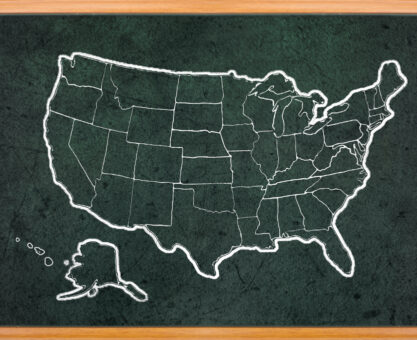You may be surprised to learn that, even when you’ve prepared a proper Last Will & Testament, your estate is subject to oversight by your local probate court. After the probate court authenticates your Will, they’ll formally appoint the person you’ve selected to be your executor. However, if you don’t officially appoint an executor of your Will, the court will choose one for you. When that happens, you can’t be 100% sure your wishes will be honored.
The Responsibilities Of An Executor
An executor has a wide range of responsibilities that include:
- Filing your Will with the local probate court.
- Publishing a notice to creditors & paying off your outstanding debts.
- Having all assets appraised to determine their value.
- Making sure all assets are accounted for & appraised to determine value.
- Distributing assets to the heirs you’ve named in your will.
- Filing & paying income taxes for the deceased.
“It’s also important to name a secondary executor should your first choice pass away before you.”
Choosing An Executor Of Your Estate
Selecting the right executor is essential for ensuring your estate and beneficiaries are in good hands. That’s why it’s crucial to choose someone who can effectively manage your family’s expectations while keeping drama to a bare minimum. For this reason, you may want to ask your CPA, an attorney, or a financial advisor, to be your executor. It’s also important to name a secondary executor should your first choice pass away before you.
Since many probate courts require an executor who can be bonded, make sure you choose someone financially stable. If you name someone with a bad credit history, bankruptcies or liens against them, a bonding company will likely reject them as a bad financial risk.
Communicate With Your Executor
Make sure the person you’ve selected wants to be your executor and take on the responsibility of administering your estate. Once they agree, provide them with the contact information of your heirs plus a list of your assets, real estate, bank accounts, insurance policies and debts. Let them know where to find your original will and all documents related to your estate. And keep the lines of communication open especially if something changes.
Other Types Of Power Of Attorney
Should you become unable to make decisions for yourself, consider appointing someone as your Financial Power of Attorney. A Financial Power of Attorney can handle your finances and sign documents on your behalf. Also consider naming a Health Care Power of Attorney who can ensure your wishes and preferences for medical treatment are followed.
To learn more about protecting your legacy, connect with an FRC® trained advisor.

























